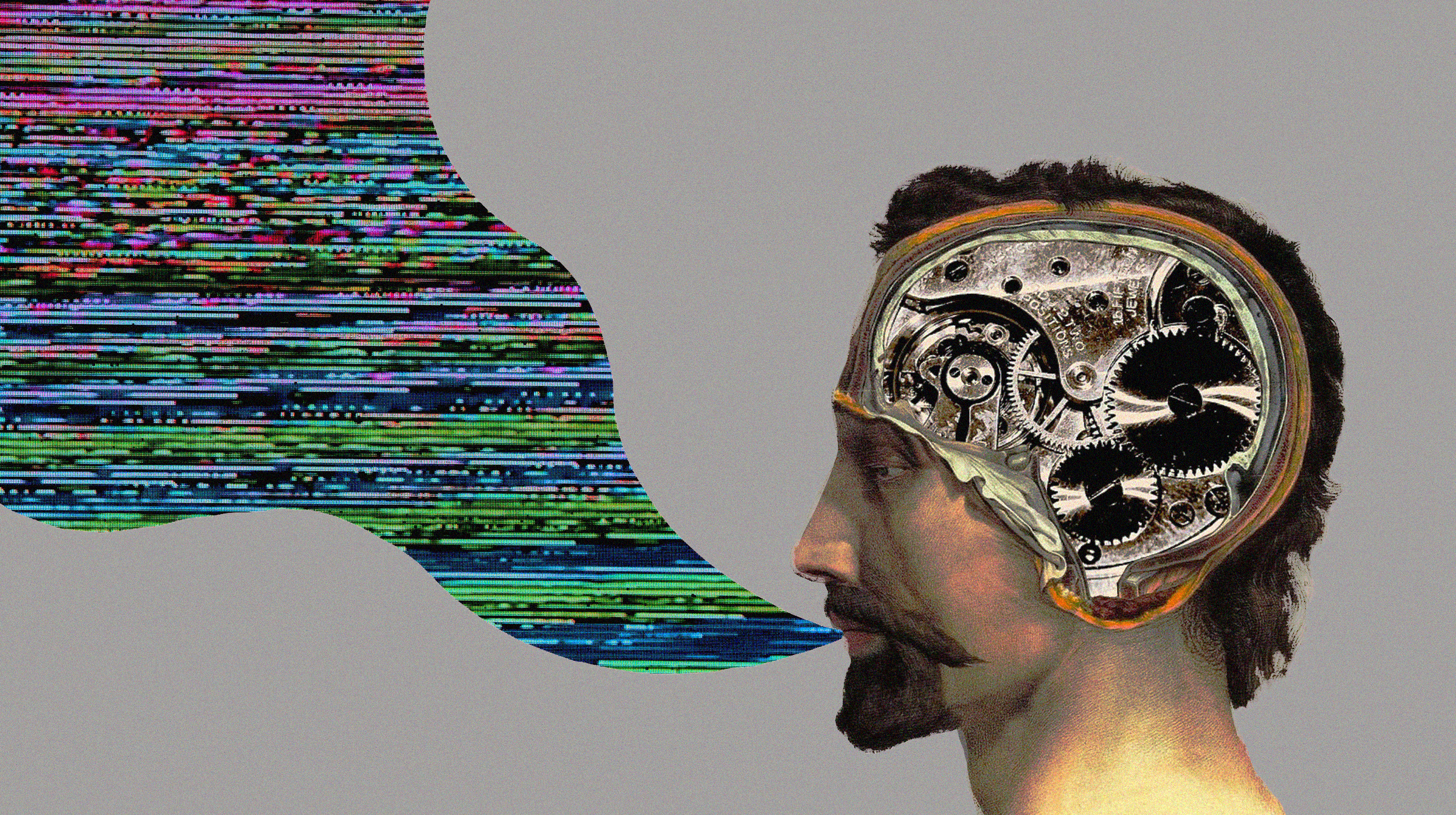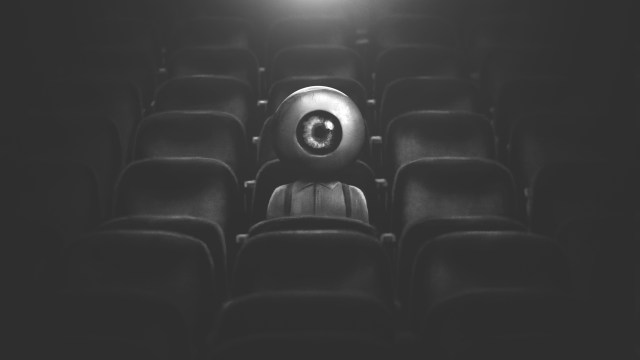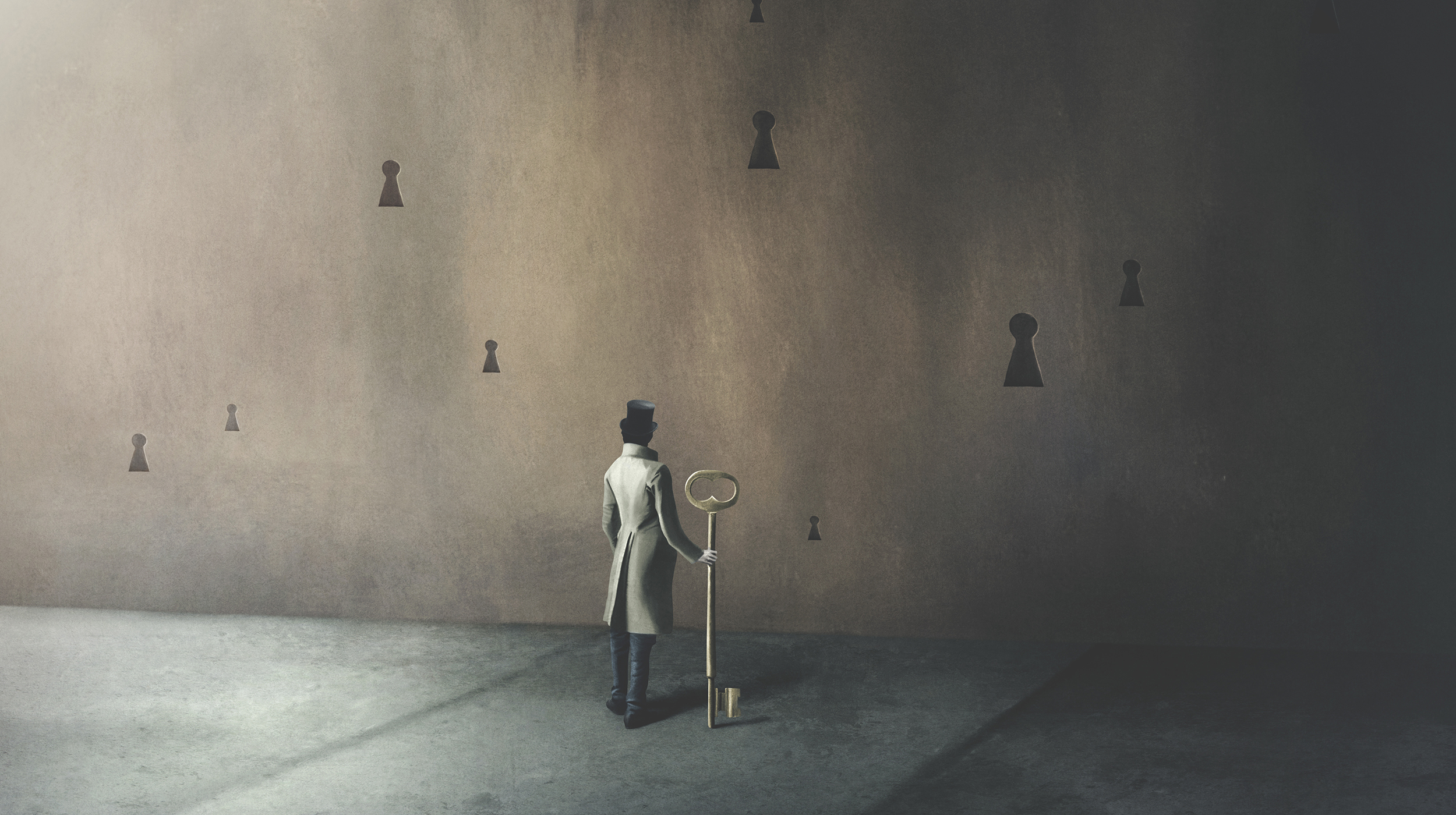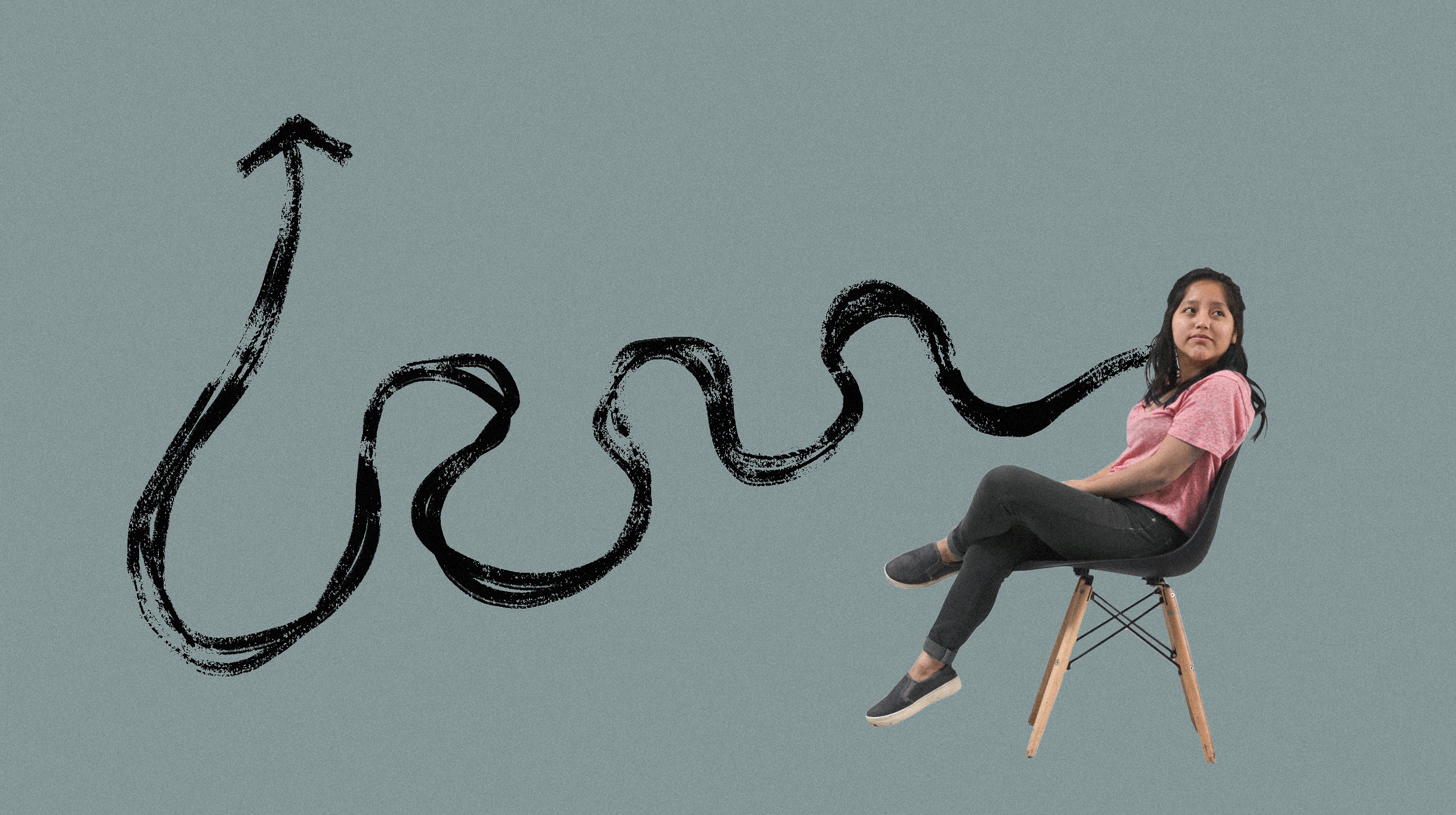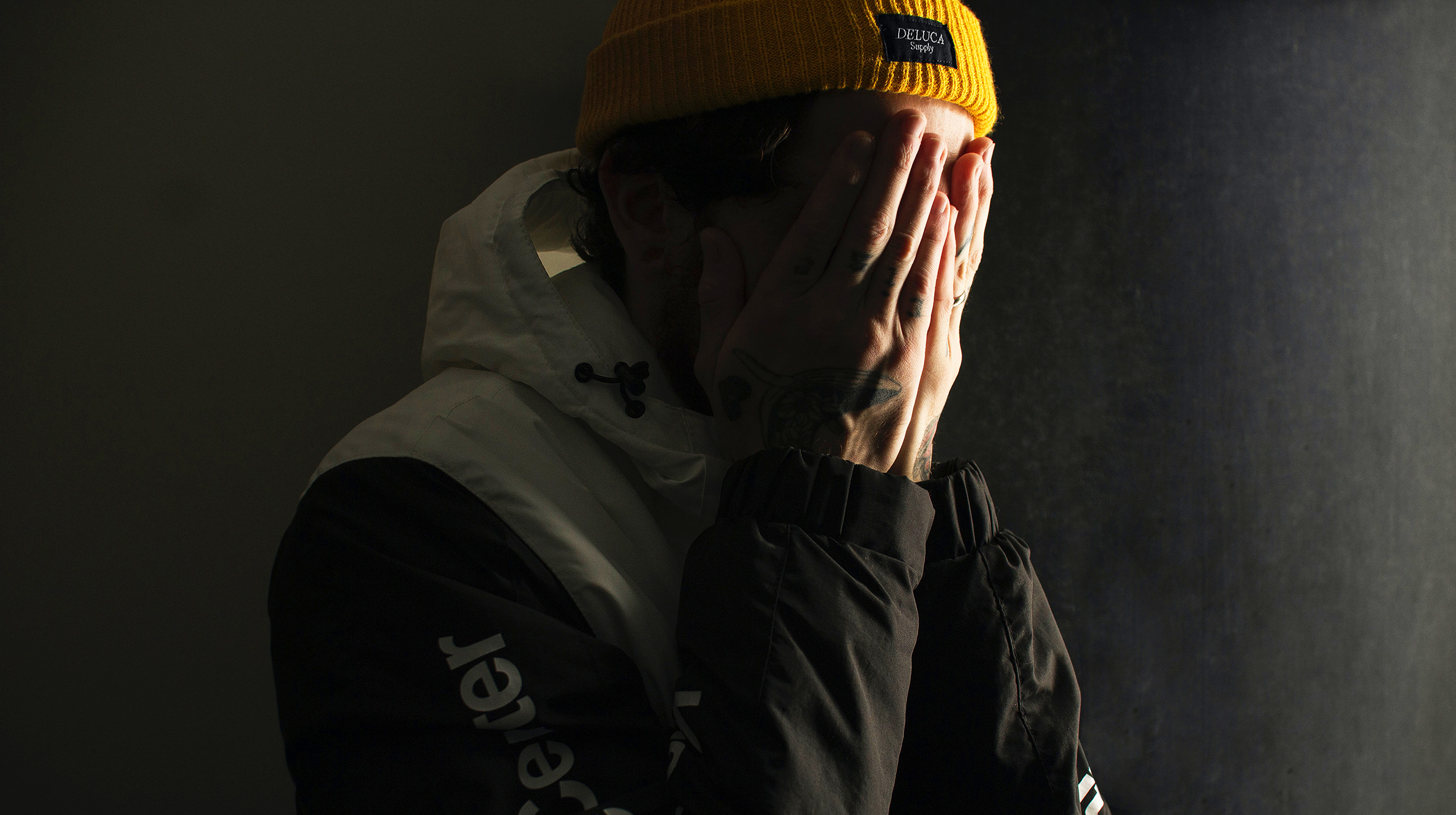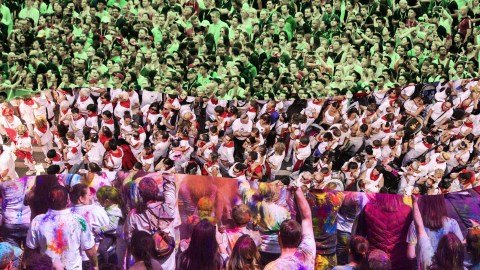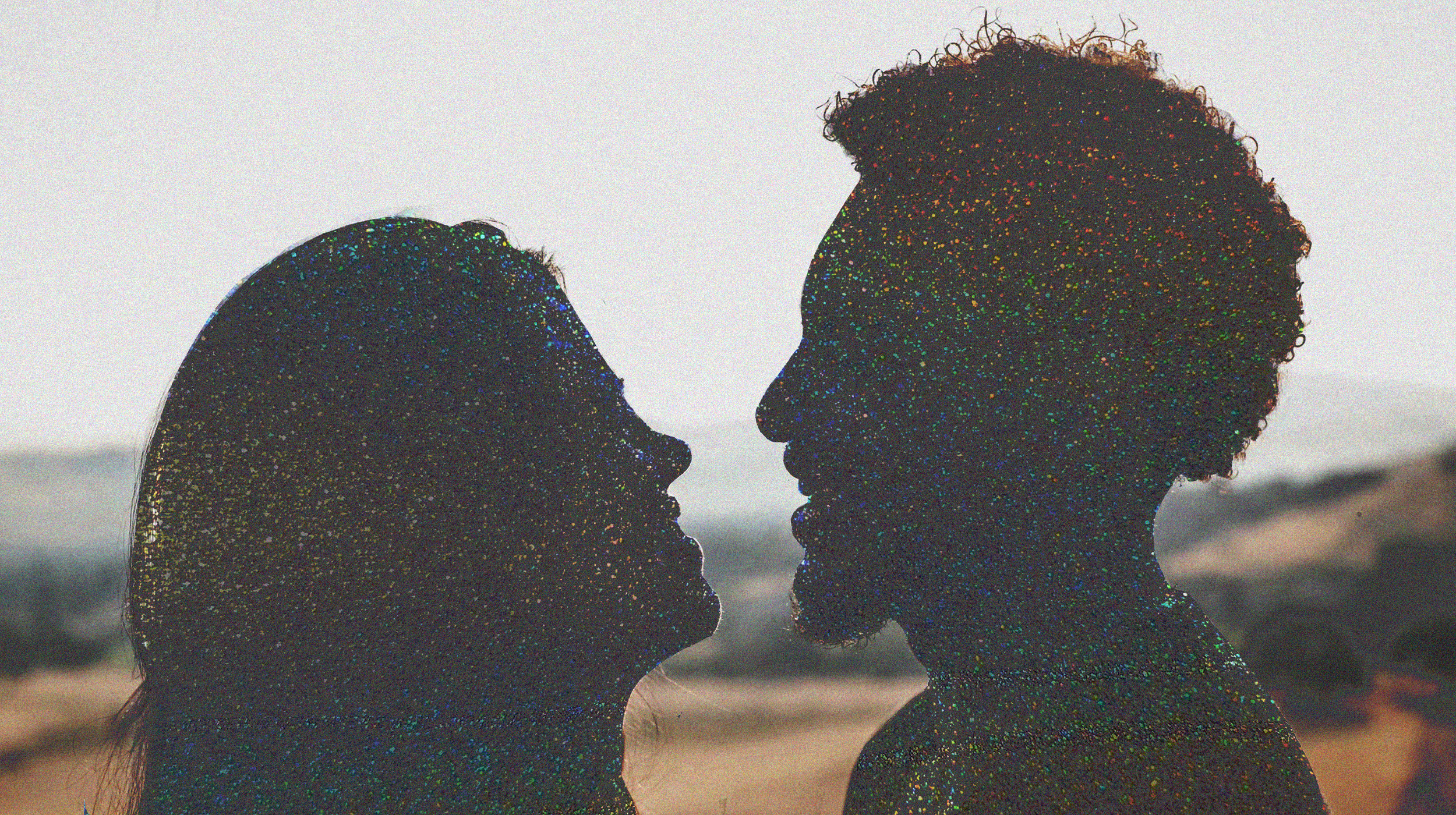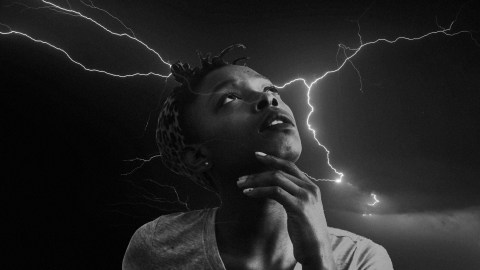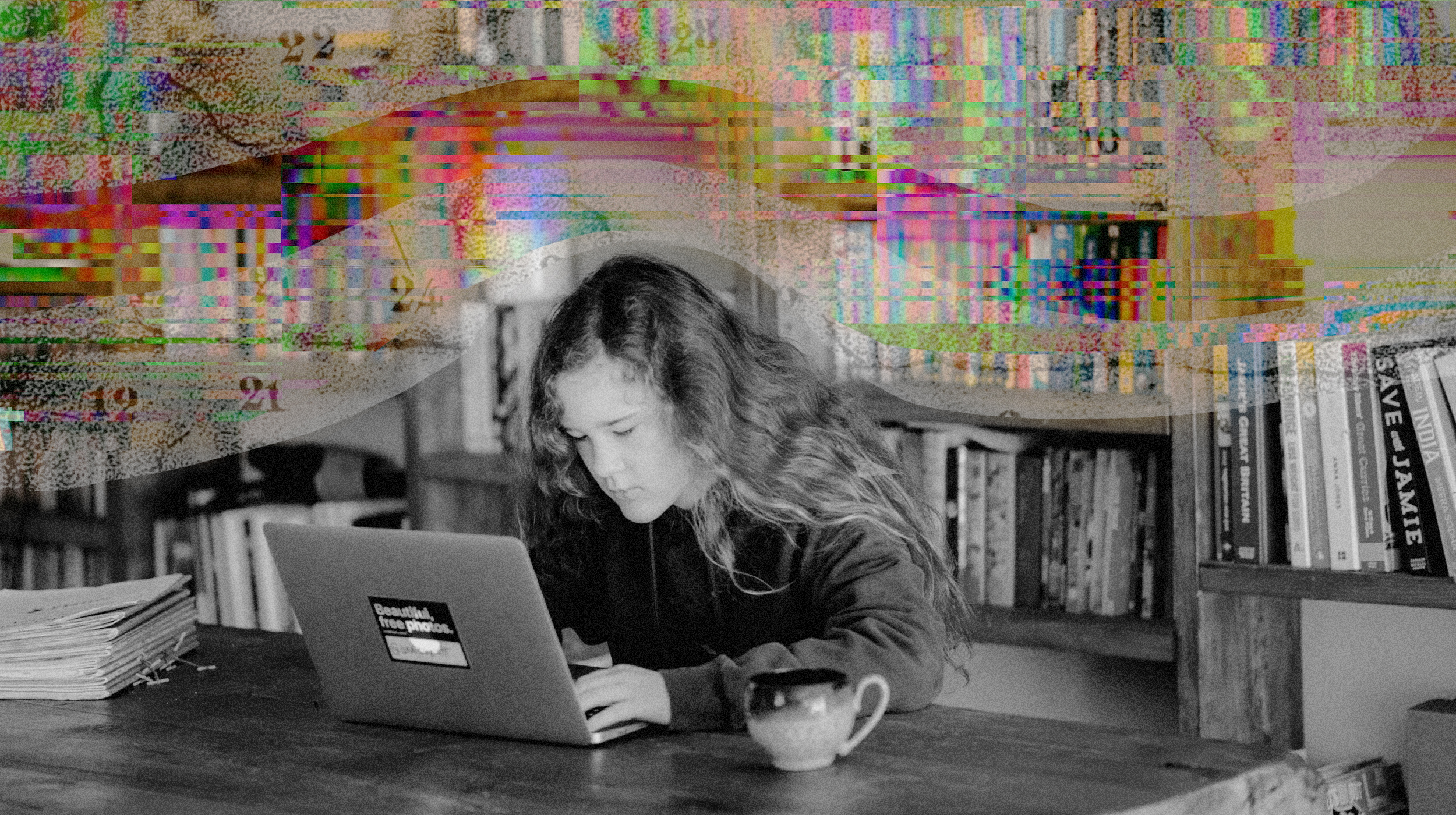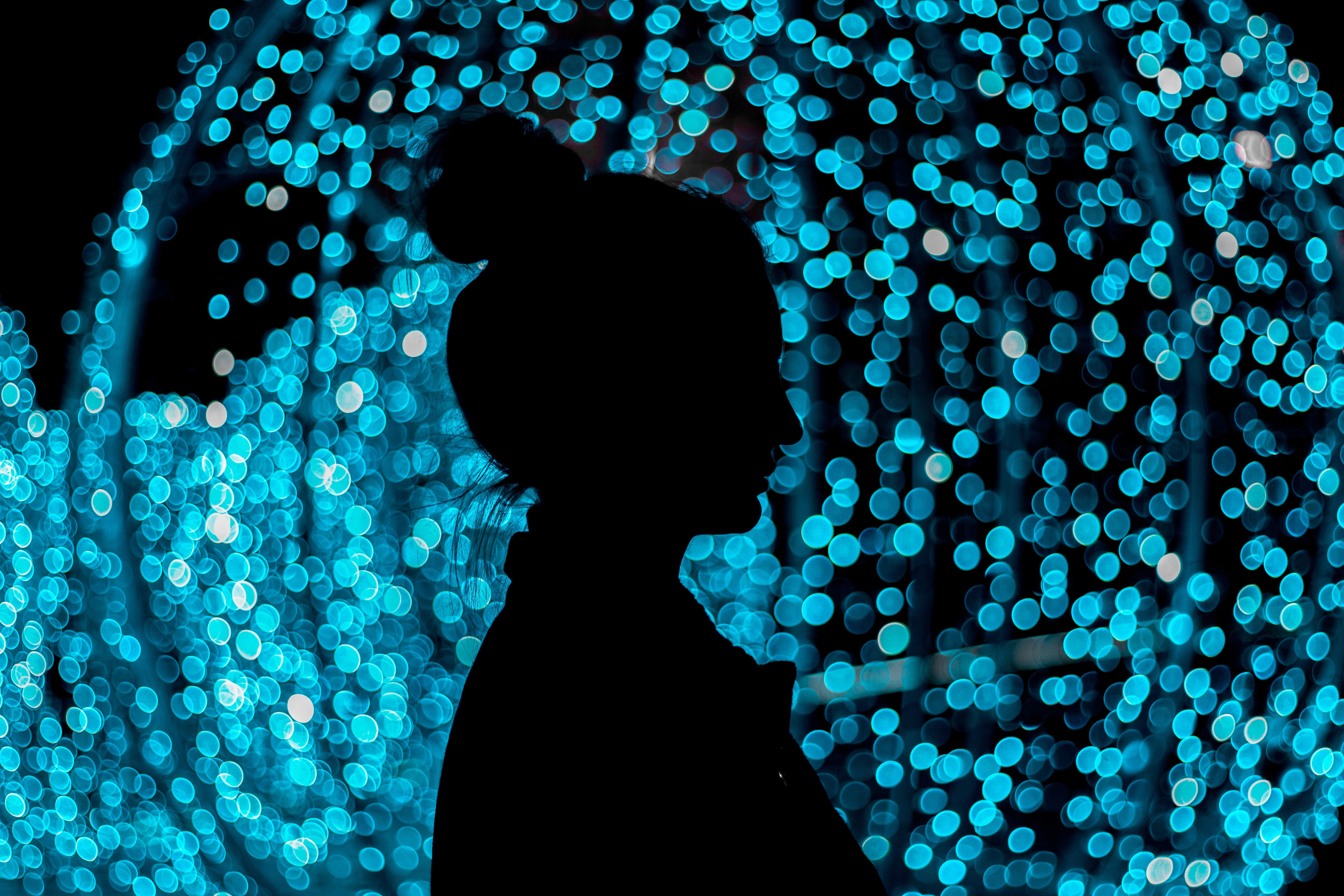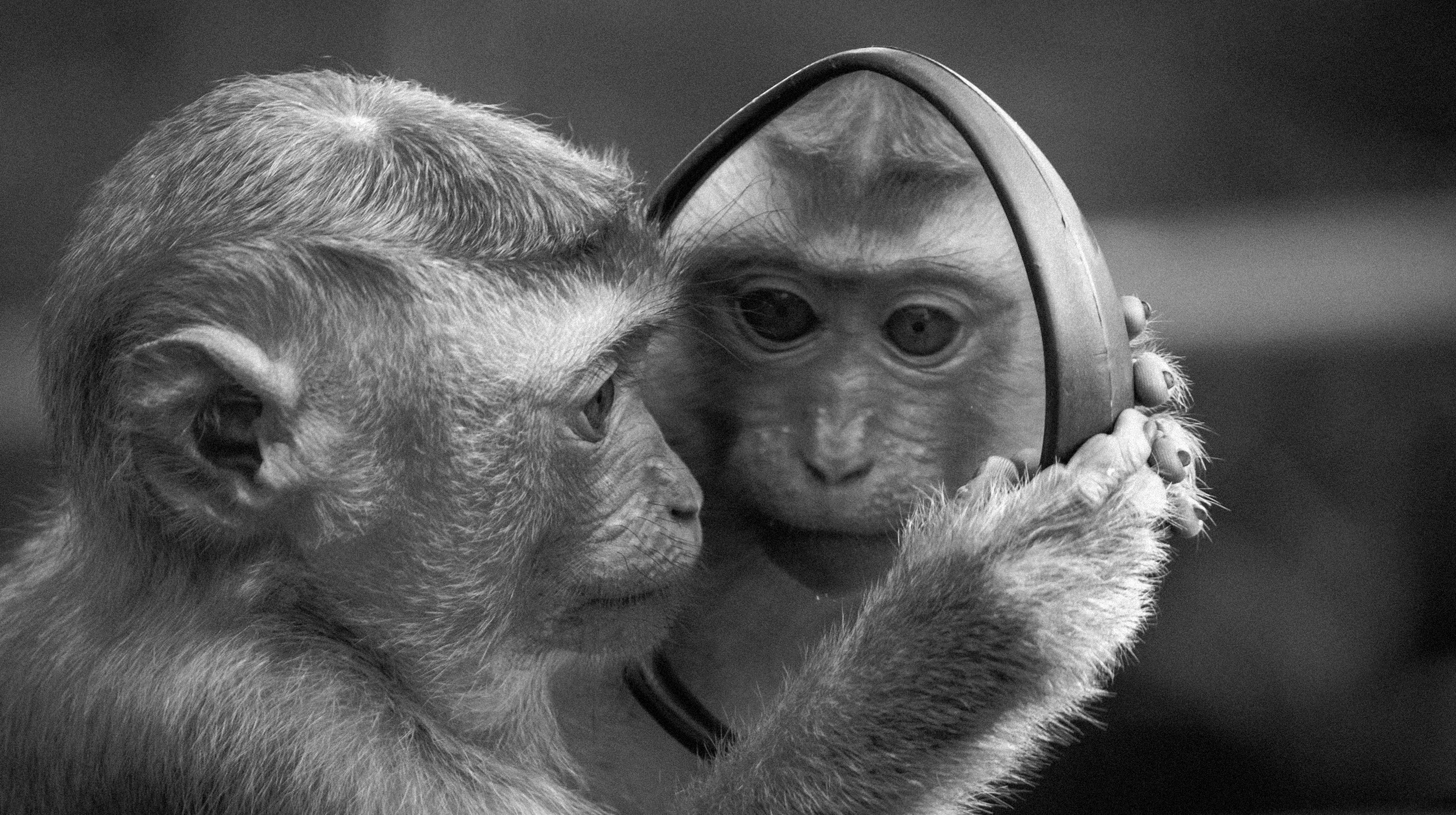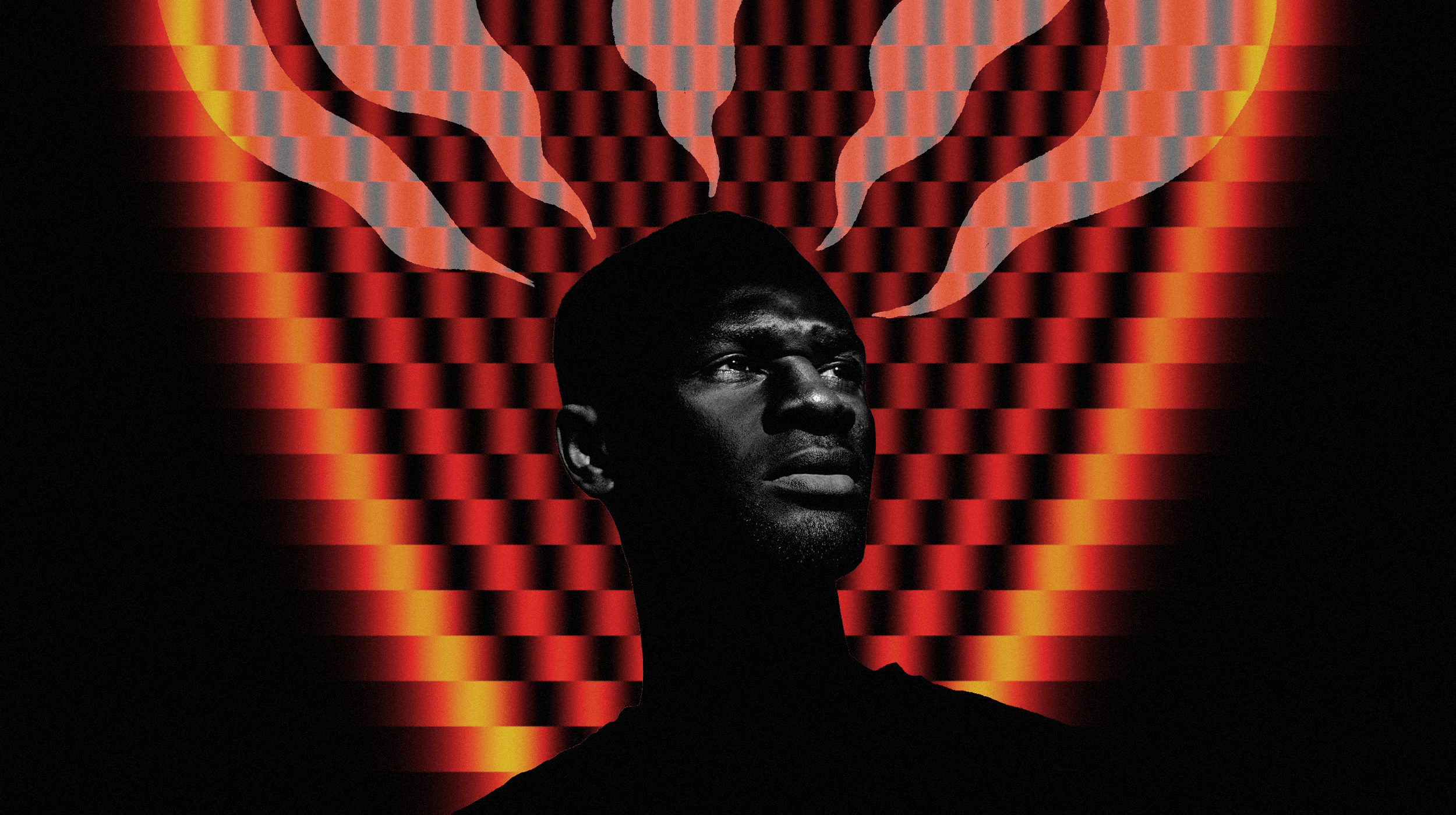Do we have free will?
Free will remains a hotly debated philosophical question today, as we have no means of proving or disproving it using the scientific method. Are all of our actions causally predetermined, and hence not free, or are we in fact free agents in charge of our decisions? Modern thinkers like Sam Harris espouse the view of scientific determinism, suggesting that free will is a lie that we tell ourselves as a society, which can lead to dangerous consequences like excessive blame being placed on an individual for actions that can be explained by environmental pressures. Meanwhile philosopher Daniel Dennett, as a compatibilist, might suggest that free will can still exist even within a deterministic reality to varying degrees depending on the situation. Perhaps thinking in absolutes is not useful on the subject of free will. Claiming that free will does not exist because the freedom is not complete is like saying that truth does not exist because complete, perfect truth is unattainable. A meaningful degree of freedom can still be present even if complete freedom is not possible.
“You could think about this as a struggle between the later unconscious and the current conscious…”
“…because later on I will not be in a position to control myself in the way that I want it. Neuroscience is a newcomer to the field of free will. What are exactly the kind of questions that are worth asking? What different kinds of experiments that can say something about conscious and unconscious decisions could help us be more modest in what we realize we can control and what we can’t, and then also be a bit more forgiving towards ourselves about our decisions and our actions? Not everything is within our control as much as we would think or maybe even would wish.”
We also know that that brain is set up so that there are at least two kinds of behavior.
[The first is] what happens when I shine a light in your eye and your iris contracts, or I hit your knee with a hammer and your leg jerks upward. […] It’s that second kind of behavior, one that engages vast amounts of the brain, particularly the frontal lobes, that incorporates an enormous amount of information in the causation of the behavior, that has some mental model of the world, that can predict the consequences of possible behavior and select them on the basis of those consequences. All of those things carve out the realm of behavior that we call free will. Which it is useful to distinguish from brute involuntary reflexes, but which doesn’t necessarily have to involve some mysterious soul.
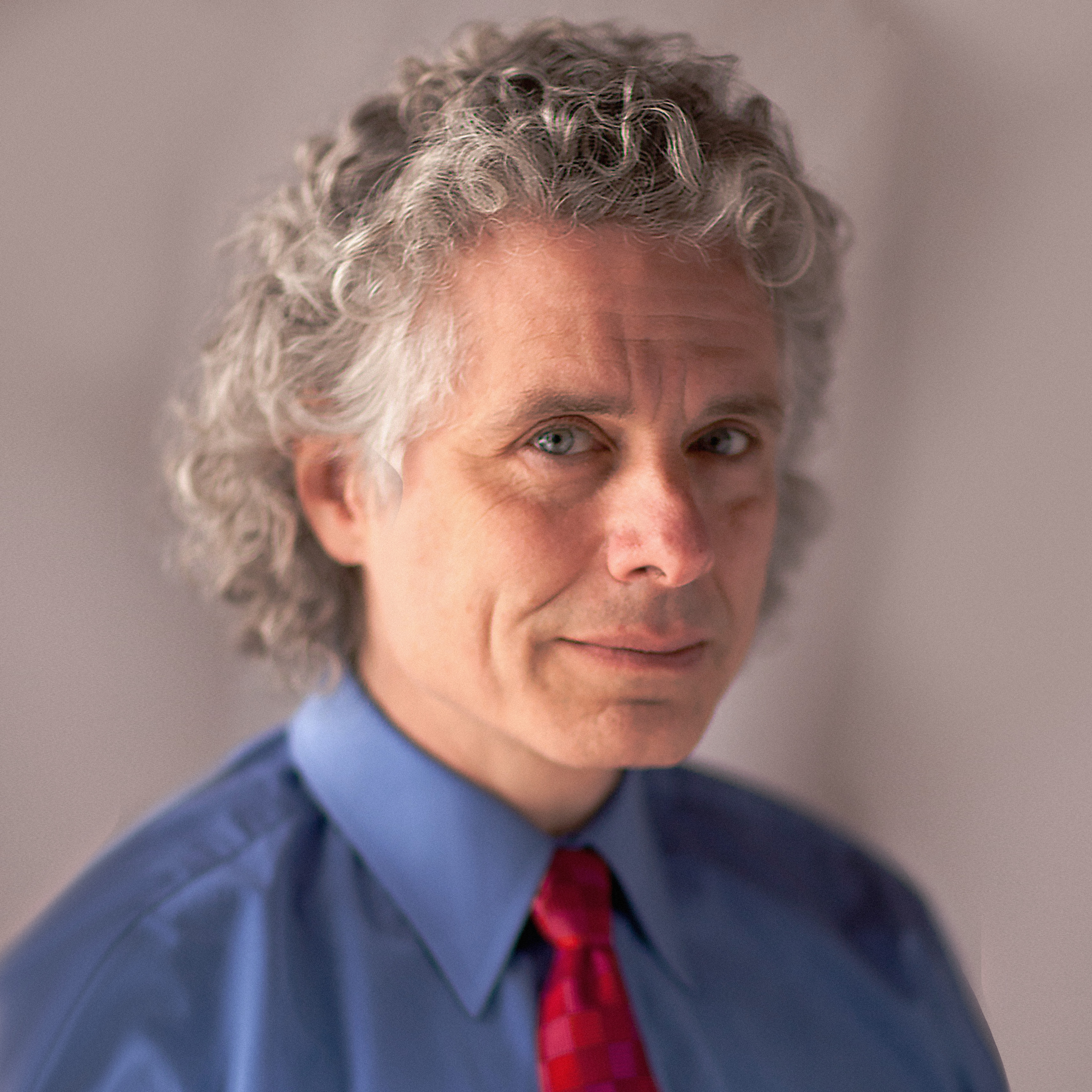
In reality, I don’t think there’s any free will at all.
The polite thing that I’ve sort of said for decades, is that, well, if there’s free will, it’s in all the boring places and those places were getting more and more cramped. If you want to insist that today you decided to floss your teeth starting on your upper teeth, rather than your lower teeth, rather than the other way around, that that was an act of free will, whatever, I’ll grant that one to you, that’s where the free will is. In reality, I don’t think there’s any free will at all. […] When you look at the number of things we recognize now that are biological organic, where 500 years ago, or five years ago, we would have had a harsh moral judgment about it. And instead we now know, “Oh, that’s a biological phenomenon.” And when we’re we gonna get to the point is recognizing, “Yeah, we’re biological organisms.” This notion of free will, for want of a less provocative word, is nothing but a myth.
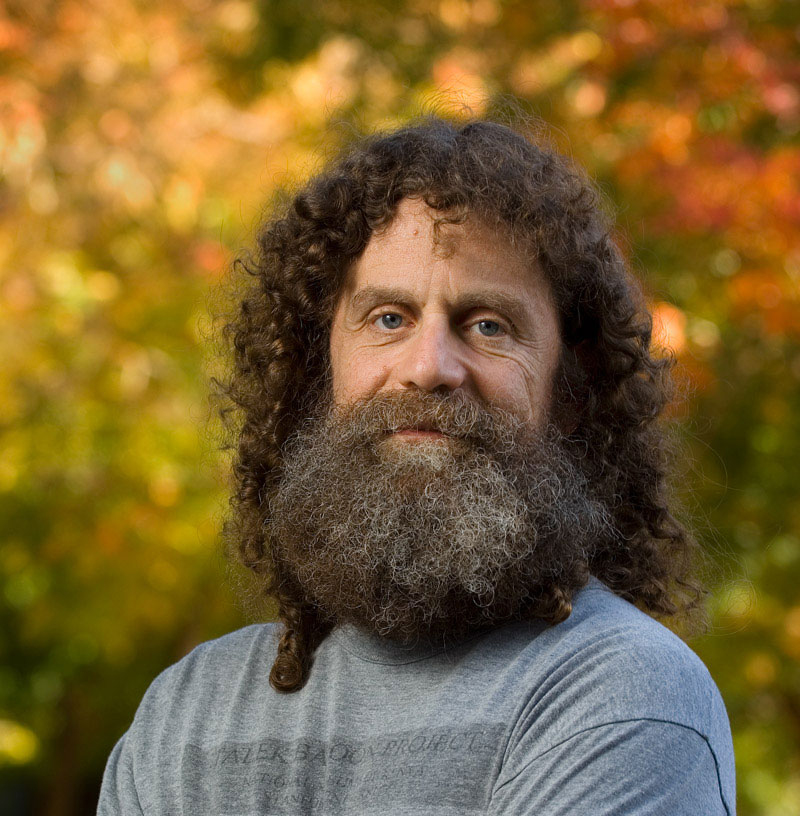
There’s a very sharp limit to the depth that we as conscious agents can probe our own activities.
There’s a very sharp limit to the depth that we as conscious agents can probe our own activities. This sort of superficial access that we have to what’s going on, that’s what consciousness is. Now, when I say, who’s this, “we,” who’s got this access? That’s itself part of the illusion because there isn’t a, sort of, boss part of the brain that’s sitting there with this limited access. That itself is part of the illusion. What it is, is a bunch of different subsystems, which have varying access to varying things and that conspire in a sort of competitive way to execute whatever projects it is that they’re, in their, sort of, mindless way executing.
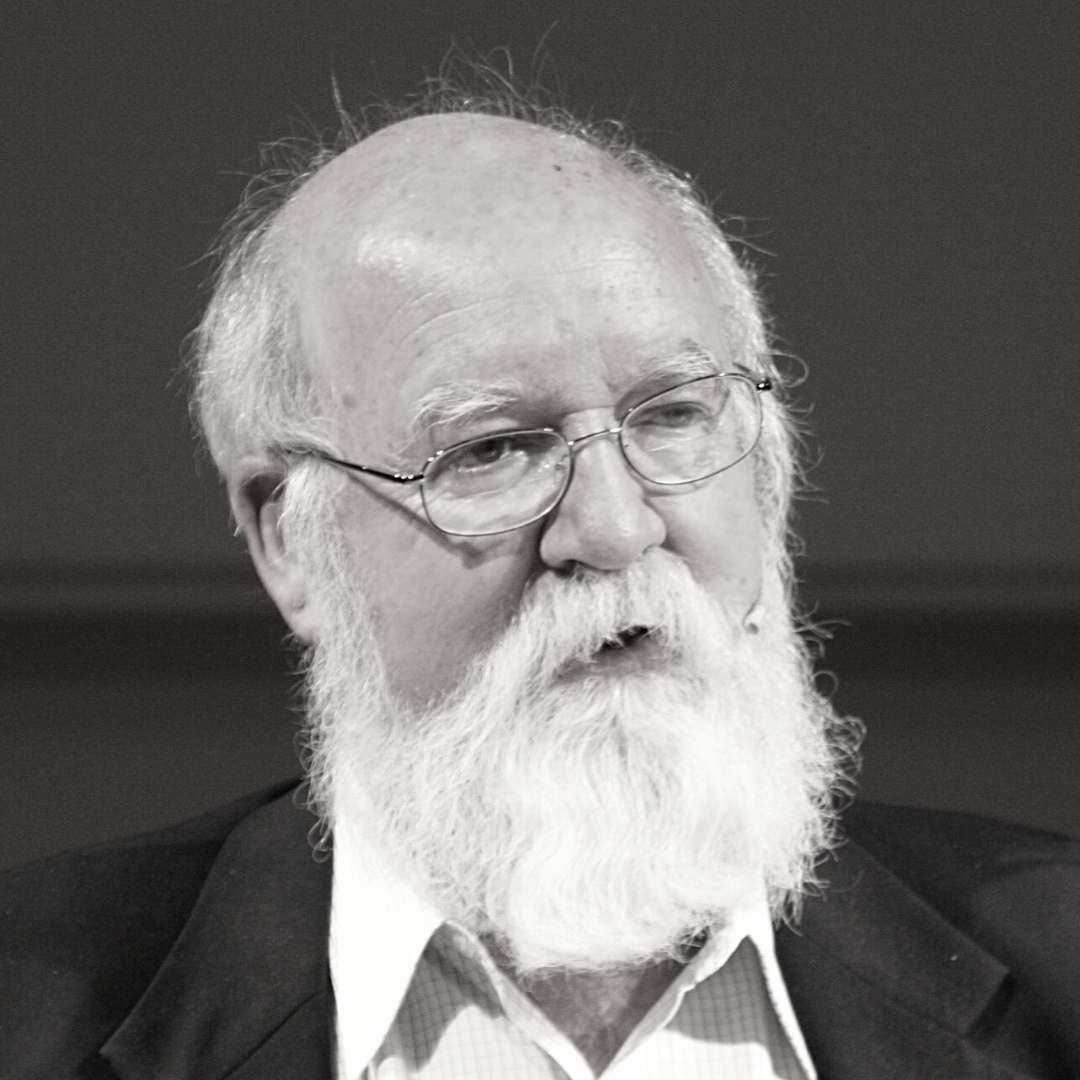
Every time we look at an electron, it moves. There’s uncertainty with regards to the position of the electron. So what does that mean for free will?
It means, in some sense, we do have some kind of free will. In the sense that no one can determine your future events given your past history. There’s always the wild card. There’s always the possibility of uncertainty in whatever we do. So this means that free will, determining the future? Hey, these are philosophical questions that seem to indicate that we have some kind of free will.

The essential part of free will that people wanna hold on to is the sense that that therefore makes you responsible for your actions.
So, there is the idea of personal responsibility. And I think that’s very important. And I don’t think that all this mechanistic work on the brain in any way threatens that. You learn that responsibility is to be understood at the social level. The deal, the rules that we work out, living together. So the metaphor I like to use is cars and traffic. We can study cars and all their physical relationships and know exactly how that works. It in no way prepares us to understand traffic when they all get together and start interacting. That’s another level of organization and description of these elements interacting. So the same is with brains. That we can understand brains to the nth degree and that’s fine and that’s what we’re doing, but it’s not going to, in any way, interfere with the fact that taking responsibility in a social network is done at that level.
Is a world with less free will but also less suffering one in which we would want to live?
If our decision-making can be manipulated or determined by our biology, should we not try various interventions to prevent the criminally inclined from harming others?
As Burgess, who penned A Clockwork Orange, wrote, “Is a man who chooses to be bad perhaps in some way better than a man who has the good imposed upon him?” Intuitively, many say yes. Moral decisions must, in some way, be our own. […] And yet, it begs the question: is “free choice” worth all the evil in the world? If my being brainwashed or “rehabilitated” means children won’t die malnourished or the Holocaust would never happen, then so be it. If lobotomizing or neuro-editing a serial killer will prevent them from killing again, is that not a sacrifice worth making? There’s no obvious reason why we should value free will above morality or the right to life. A world without murder and evil — even if it meant a world without free choices for some — might not be such a bad place. —Jonny Thomson
“Great decisions in some ways are always evolving. You make a choice and then it’s critical to follow that choice up with another choice that’s the right choice and so on.”
“So a great choice isn’t a single point in time, but a great choice is a commitment to take a path and a series of decisions along that path to keep things going in the right direction.”
“The old adage “patience is a virtue” is coming undone due to new research that suggests patience (along with impulse control) can be linked to specific neurological systems.”
“A particularly interesting part of this study was that, upon stimulating the mPFC region of the brain in the mice, their ability to wait for the food reward was enhanced but only when they did not know the food’s arrival time. These results suggest that serotonin in the mPFC can impact the animal’s ability to evaluate the time required to wait for a reward.“
“Even though we predicted it, I was nevertheless stunned to see it really happen. This result challenges many long-held ideas about culture and how it forms.”
“That study concluded that after an idea enters a discussion among a large network of people, it can gain irresistible traction by popping up again and again in enough individuals’ conversations. In networks of 50 people or more, such ideas eventually reach critical mass and become a prevailing opinion.”
“Neuroscience research is revealing how the chemistry and architecture of the brain make decisions for us,…”
“…and how the brain’s reaction to decision-making is based on confidence. Researchers have shown that a networked, hierarchical process is strung out across the brain to achieve these functions, even while specific neuron clusters are more active than others in helping us make decisions.”
“Do I party today, or save for my pension for tomorrow?”
“Do I upgrade to the latest iPhone or plant a seed in the ground for posterity? And the part of our brain which drives our short-term behaviors, I call the marshmallow brain. It’s part of our neuroanatomy which is all about immediate rewards and instant gratification.”

